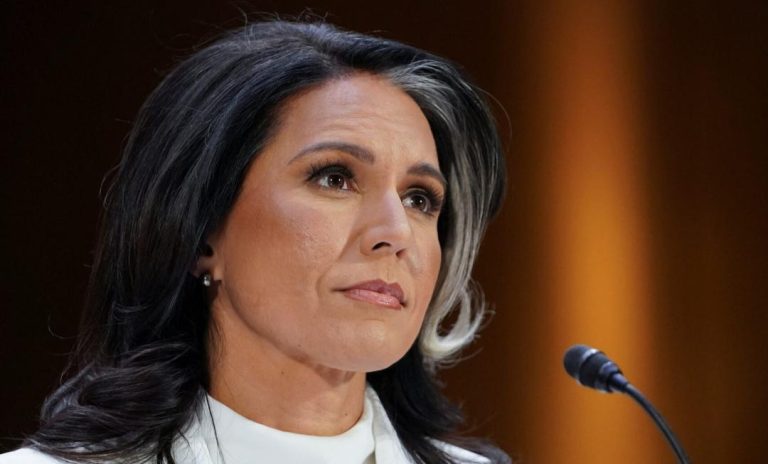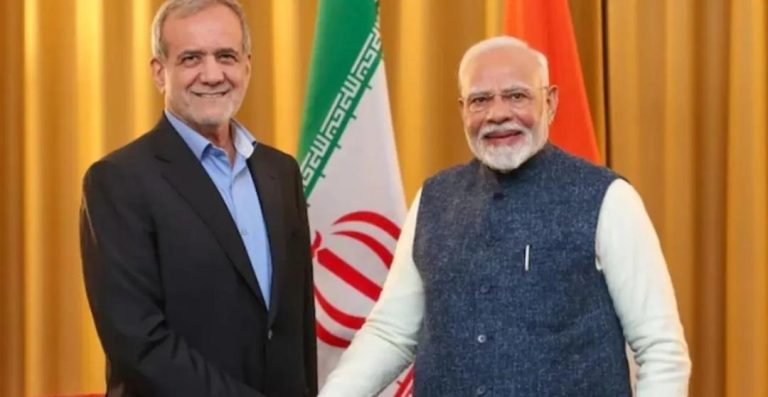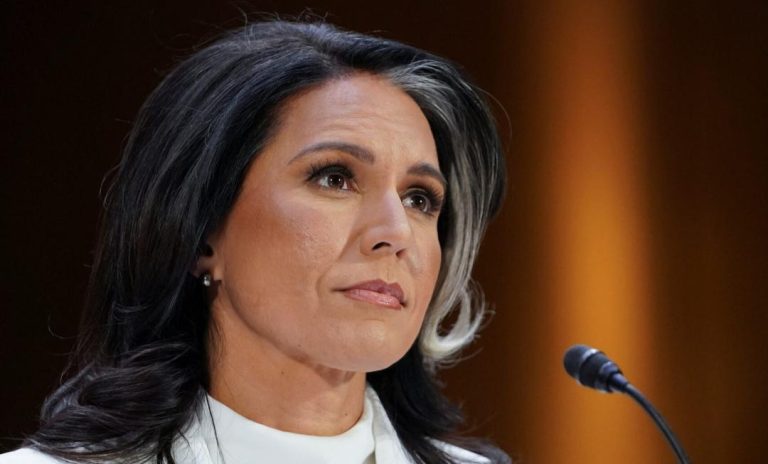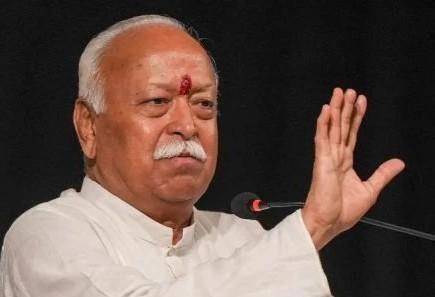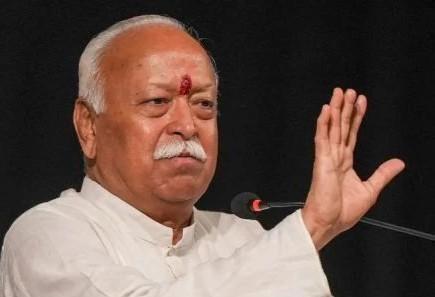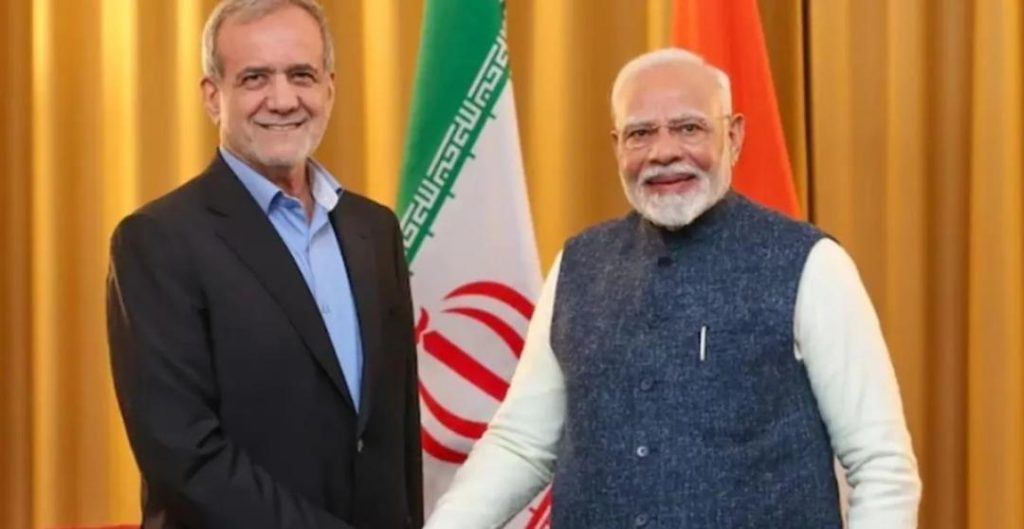
Iran Offers to Mediate Between India & Pakistan After Pahalgam Attack
The recent terrorist attack in Pahalgam, Jammu and Kashmir, has sent shockwaves across the region, escalating tensions between India and Pakistan. As the two countries continue to exchange accusations and threats, Iran has stepped forward to offer its mediation services to defuse the situation. In a statement, Iran’s Foreign Minister Seyed Abbas Araghchi emphasized Tehran’s willingness to use its “good offices” in Islamabad and New Delhi to promote greater understanding and cooperation between the two nations.
The Pahalgam attack, which killed at least 10 people, including two police personnel, has been widely condemned by the international community. India has accused Pakistan of supporting terrorist groups operating in the region, while Pakistan has denied any involvement. The attack has led to a significant deterioration in relations between the two countries, with India suspending the Indus Waters Treaty, a decades-old agreement that governs the sharing of the waters of the Indus River and its tributaries.
Iran’s offer to mediate comes at a critical time, as the situation between India and Pakistan shows no signs of easing. The two countries have been engaged in a bitter standoff over Kashmir since the abrogation of Article 370 in August 2019, which granted special status to the region. The tensions have been fueled by frequent skirmishes along the Line of Control (LoC), as well as the use of terrorist groups to carry out attacks on each other’s soil.
Iran’s Foreign Minister Seyed Abbas Araghchi has been at the forefront of efforts to promote peace and stability in the region. In his statement, he emphasized Tehran’s commitment to using its diplomatic channels to resolve the dispute peacefully. “Tehran stands ready to use its good offices in Islamabad and New Delhi to forge greater understanding at this difficult time,” he wrote.
Araghchi’s offer is significant, given Iran’s close ties with both India and Pakistan. Tehran has historically maintained good relations with Islamabad, and has been a key player in regional diplomacy. Iran’s Foreign Minister has also been a vocal advocate for dialogue and peace in the region, and has played a key role in mediating disputes between neighboring countries.
India, in particular, has been seeking to strengthen its ties with Iran in recent years, with a focus on trade and energy cooperation. The two countries have been exploring ways to increase their bilateral trade, and have also been working together on regional security issues. Iran’s offer to mediate between India and Pakistan could be seen as a way to further strengthen these ties, and to promote greater stability in the region.
Pakistan, on the other hand, has been seeking to improve its relations with Iran in recent months, particularly in the context of the ongoing conflict in Afghanistan. Islamabad has been looking to Tehran as a key partner in its efforts to stabilize the region, and has been seeking to increase its cooperation with Iran on issues such as trade and energy.
While Iran’s offer to mediate is welcome news, it remains to be seen whether the two countries will accept Tehran’s proposal. India has been critical of Pakistan’s handling of terrorism, and has accused Islamabad of providing sanctuary to militant groups. Pakistan, on the other hand, has denied any involvement in the Pahalgam attack, and has accused India of using the incident as a pretext to escalate tensions.
The road ahead will be challenging, but Iran’s offer to mediate provides a glimmer of hope in a region that has been plagued by conflict and instability for decades. As the two countries continue to negotiate, it is essential that they remain committed to finding a peaceful solution to their differences. The international community must also play a key role in promoting dialogue and cooperation, and in providing support to the region’s efforts to achieve peace and stability.
In conclusion, Iran’s offer to mediate between India and Pakistan after the Pahalgam attack is a significant development that could potentially help to defuse the situation and promote greater understanding between the two countries. As the two nations continue to navigate the complex web of regional politics, Tehran’s proposal provides a welcome opportunity for dialogue and cooperation.
